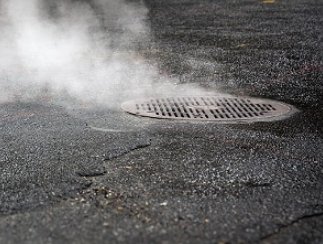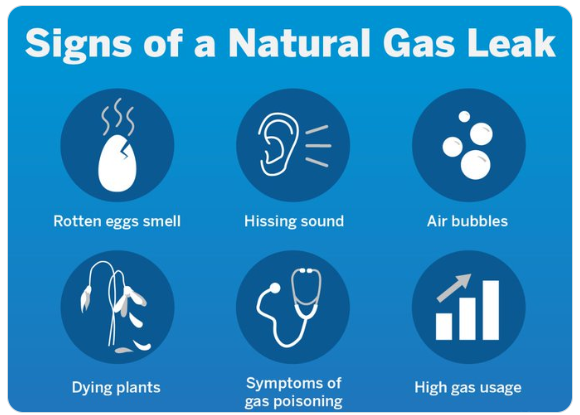Sewer gas results from the breaking down of human waste and comprises a range of gases such as ammonia and hydrogen sulphide. It is the latter that gives it the rotten egg smell it is renowned for.
Is sewer gas dangerous?
Low-level sewer gas may not be toxic but poisoning is possible from greater exposure. Sewage plant workers, for example, could potentially die from high-level exposure to the toxic gas.

How does sewer gas escape?
Modern plumbing systems include measures to prevent sewer gas leakage but failures in the system can lead to leakage. Improperly placed vents and pipes, and cracks that can be identified by CCTV drainage surveys Kingsbury can all cause problems. Sewer pipe specialists such as www.wilkinson-env.co.uk/drainage-services-cctv-surveys-midlands/drain-jetting/kingsbury/ can help to identify broken or degraded pipes.
More causes
Blocked air vents may prevent gases from being diffused and clogged pipes can cause a backup of decomposing, gas-releasing sewage
Dry plumbing caused by toilets and drains being left unused may also be an issue as water acts as a protective barrier against gases. Other leaks can be caused by toilets not being properly attached to sewer lines.

Signs of gas leaks
You may notice a rotten egg smell and could experience physical symptoms of exposure to sewer gas leaks. These include headaches, dizziness, nausea, vomiting, fatigue and poor concentration and memory levels. You can read about the dangers of sewer gas to health here
The symptoms can be even more serious when exposed to higher levels of the gas, such as in industrial environments. These can include loss of smell, and eye, lung, throat, and mouth irritation. In very rare situations, gas exposure can lead to coma, seizures, and even death. If you suspect sewer gas poisoning then you should seek help from a medical professional.
